My name is Shannon Birch-Chapman and I am currently a Research Assistant in the Faculty of Management at Bournemouth University, working on a QR funded project titled Trust Repair in the Service Sector.
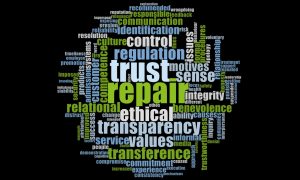
Our team is investigating how organisations can repair trust following trust erosion, focussing on three highly publicised cases: 1) the treatment of staff at the main Sports Direct Warehouse in Derbyshire; 2) the Alton Towers rollercoaster crash that caused two women to have leg amputations; and 3) the mis-selling of PPI by banks. These are diverse case studies with different causes and severities of trust erosion and as such, our team consists of people with diverse backgrounds: two in finance (Dr Julie Robson and Samreen Ashraf), two in leisure and hospitality (Dr Caroline Jackson and Dr Elvira Borat), two in retail (Prof Juliet Memery and Dr Jason Sit) and me: an archaeologist!
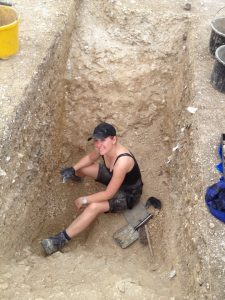
Figure 1. Excavating on the Bournemouth University Durotriges Project in 2013.
“How did an archaeologist become a Research Assistant in the Faculty of Management?” I hear you ask. Well, as any archaeology graduate knows, finding steady employment in archaeology following your degree (or in my case, an undergraduate degree, an honours degree, a masters and a PhD!) is almost impossible. The great thing about studying archaeology is that we learn a wide range of transferrable skills and are particularly good at sifting through large volumes of quantitative and qualitative evidence, and synthesising this to make informed conclusions. We are essentially the detectives of the past and, as such, make meticulous researchers.
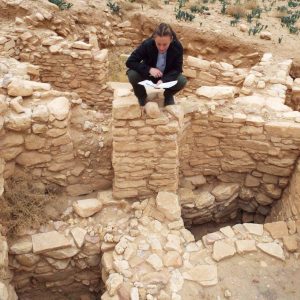
Figure 2. Surveying the architectural remains at the Pre-Pottery Neolithic site of Ba’ja in Jordan in 2015.
In this project, I have put my previous skills to good use, conducting literature searches; compiling and writing background information for our case studies, conference presentations and journal articles; devising the conceptual framework and hypotheses for our project, and linking these to the current theories; analysing data; and writing and presenting results.
I have also developed several new qualitative research skills, particularly relating to the gathering of data through consumer focus groups, stakeholder interviews and questionnaires. As someone who had never done qualitative research of this kind, it was an interesting process working out how to devise the right questions to ask. I hadn’t ever given much thought to how much effort goes into constructing these and analysing the outputs.
One of the most challenging and rewarding aspects of the research to date has been learning how to use NVivo: a program for analysing qualitative data. Our team attended a two day workshop with Ben Meehan from QDA Training, which was tailored for our project. It was then my job to ‘code’ and analyse the data from the consumer focus groups and some of the stakeholder interviews. I used a combination of template and thematic approaches, whereby participant responses were ‘coded’ into pre-existing and emerging themes. The themes related to definitions of trust, the cause and severity of trust erosion, specific trust repair strategies and the success of these for trust repair. Running queries on the coded data, we were able to determine the trust repair strategies that were most successful for each of our three case studies.
The project started around February this year and we have already had the opportunity to present our research at the 3rd International Colloquium on Design, Brand and Marketing (ICDBM) in April and at Bournemouth University’s Festival of Learning in July. We are presenting at the 3rd International Colloquium on Corporate Branding, Identity, Image and Reputation (COBIIR): Current and Future Trends, Developments and Challenges in September and have two journal articles in preparation. We are hoping that our results will guide best practice in industry and the team will be looking to work more directly with practitioners in the next stage of the research.
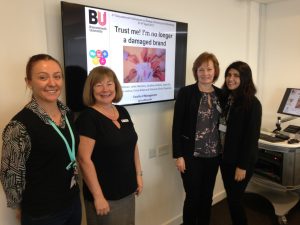
Figure 3. Presenting at the ICDBM conference in 2017 (left to right: Shannon Birch-Chapman, Caroline Jackson, Julie Robson and Samreen Ashraf).
As for me, I am nearing the end of my contract at Bournemouth University. Being a research assistant here has enabled me to apply and develop even stronger research skills beyond my discipline that I am sure will help me in my search for future employment. I wonder what interesting things I will be researching next…
To follow Trust Repair project, tweet at @TrustRepairBU
Conference papers
Bolat, E., Robson, J., Ashraf, S., Birch-Chapman, S., Sit, J., Memery, J. and Jackson, C., 2017. Corporate brand rehab: Diagnosing trust repair mechanisms in the service sectors. Paper to be presented at the 3rd International Colloquium on Corporate Branding, Identity, Image and Reputation (COBIIR): Current and Future Trends, Developments and Challenges. 7th-8th September 2017.
Robson, J., Memery, J., Jackson, C., Sit, J., Bolat, E., Ashraf, S., Birch-Chapman, S., 2017. Trust Me: I’m no longer a damaged brand. Paper presented at the 3rd International Colloquium on Design, Brand and Marketing (ICDBM), Bournemouth University, 5th Apr 2017.

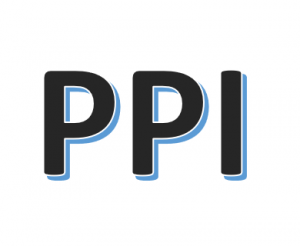
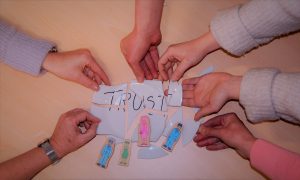 Sustainability and consumer trust go hand-in-hand. Organisations need to understand what drives trust and how to build trust if they are to achieve sustainability. This was the message that Associate Professor Julie Robson delivered as part of her keynote presentation at the LIGUE (Laboratoire Interdisciplinaire en Gestion Université-Entreprise) in Carthage Tunisia.
Sustainability and consumer trust go hand-in-hand. Organisations need to understand what drives trust and how to build trust if they are to achieve sustainability. This was the message that Associate Professor Julie Robson delivered as part of her keynote presentation at the LIGUE (Laboratoire Interdisciplinaire en Gestion Université-Entreprise) in Carthage Tunisia.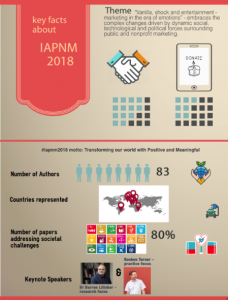
 Following three successful conferences in Paris, France (2015, 2016) and St. Gallen, Switzerland (2017), we are pleased to announce that the 4th International Conference for Marketing in the Insurance industry (ICMI) will be held at the Executive Business Centre, Bournemouth University on the 13th and 14th September 2018.
Following three successful conferences in Paris, France (2015, 2016) and St. Gallen, Switzerland (2017), we are pleased to announce that the 4th International Conference for Marketing in the Insurance industry (ICMI) will be held at the Executive Business Centre, Bournemouth University on the 13th and 14th September 2018.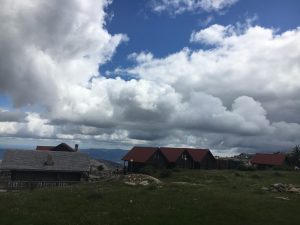


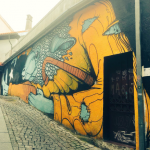


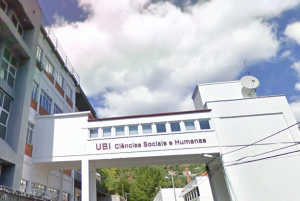

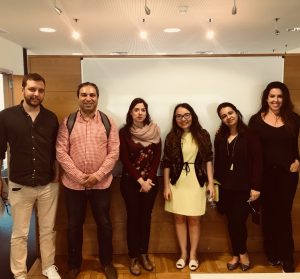
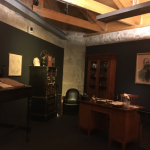

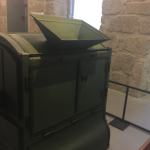

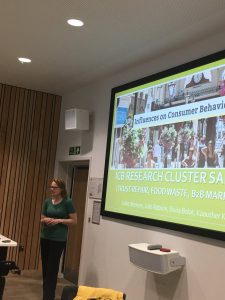
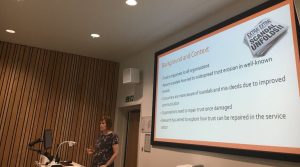
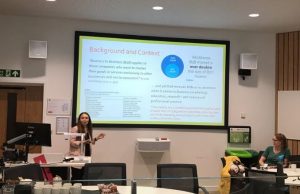
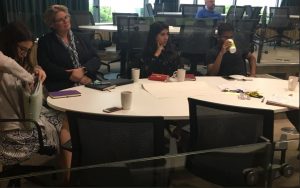




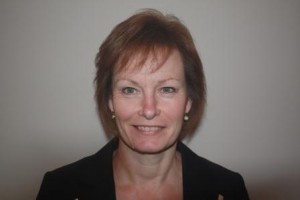











 SPROUT: From Sustainable Research to Sustainable Research Lives
SPROUT: From Sustainable Research to Sustainable Research Lives BRIAN upgrade and new look
BRIAN upgrade and new look Seeing the fruits of your labour in Bangladesh
Seeing the fruits of your labour in Bangladesh Exploring Embodied Research: Body Map Storytelling Workshop & Research Seminar
Exploring Embodied Research: Body Map Storytelling Workshop & Research Seminar Marking a Milestone: The Swash Channel Wreck Book Launch
Marking a Milestone: The Swash Channel Wreck Book Launch ECR Funding Open Call: Research Culture & Community Grant – Application Deadline Friday 12 December
ECR Funding Open Call: Research Culture & Community Grant – Application Deadline Friday 12 December MSCA Postdoctoral Fellowships 2025 Call
MSCA Postdoctoral Fellowships 2025 Call ERC Advanced Grant 2025 Webinar
ERC Advanced Grant 2025 Webinar Update on UKRO services
Update on UKRO services European research project exploring use of ‘virtual twins’ to better manage metabolic associated fatty liver disease
European research project exploring use of ‘virtual twins’ to better manage metabolic associated fatty liver disease